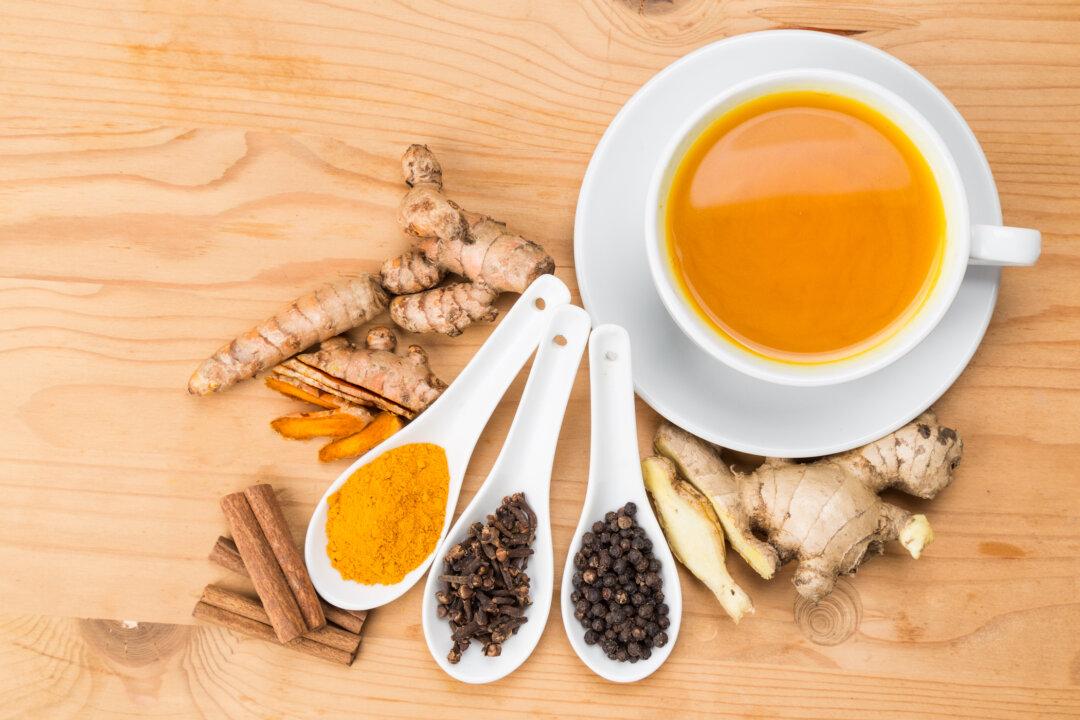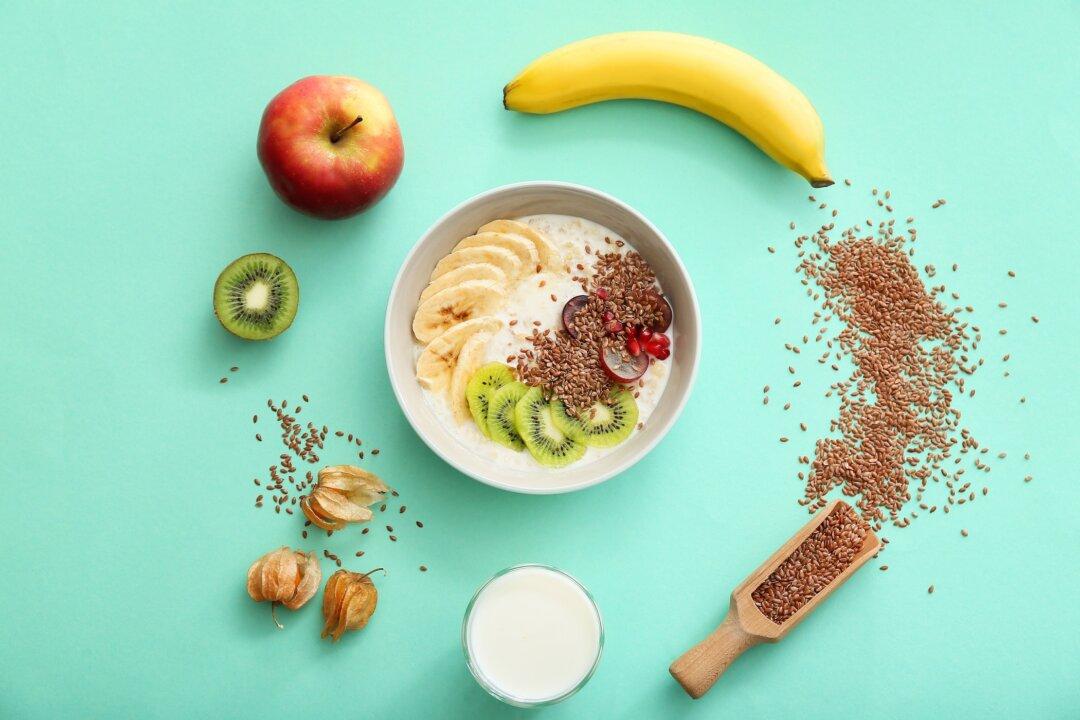More than 50 percent of men in their 50s and 70 percent or more of men in their 60s suffer from benign prostatic hypertrophy or BPH––otherwise known as enlarged prostate. This can result in burdensome lower urinary tract symptoms, such as having to get up frequently at night to pee. Current medical treatments are clinically effective, but their efficacy is compromised by side effects and low compliance rates. Symptoms include sexual dysfunction, high-grade prostate cancer, and depression. No wonder there’s poor compliance. And when medication treatment fails, surgical procedures are considered, such as transurethral resection of the prostate. There has got to be a better way.
Population studies suggest that low intake of animal protein and high intake of fruits and vegetables may be protective, but not just cutting down on any animal protein. Eggs and poultry seem to be the worst, along with refined grains, but no association was found for red meat or dairy. Population studies aside, are there any foods that have been put to the test? There have been more than 30 randomized controlled trials on the herb saw palmetto. And it’s been found to be…totally useless.






